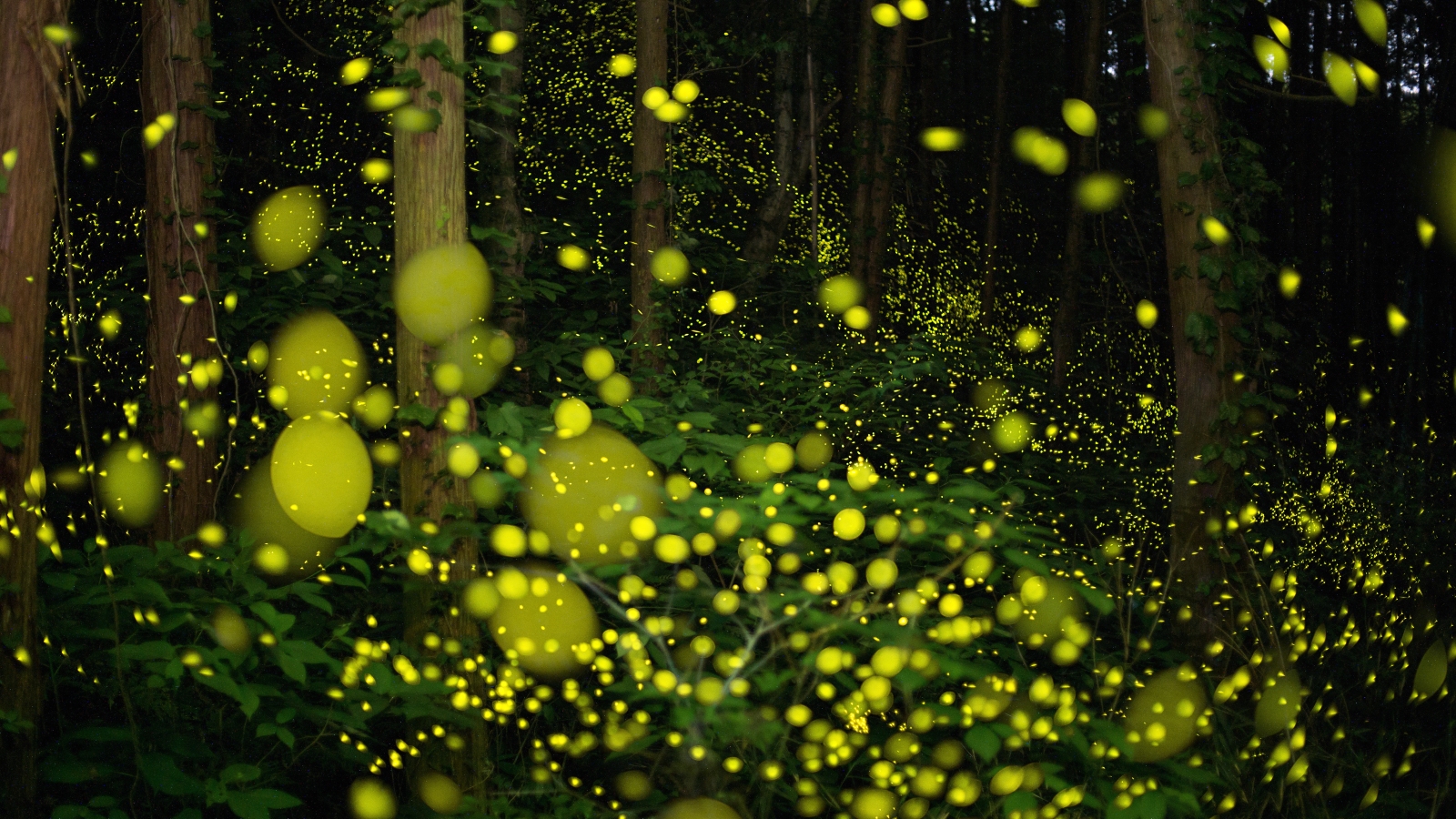Portland Voters Reject Fluoridation

For the fourth time since 1956, voters in Portland, Ore., defeated a plan yesterday (May 21) to add fluoride to the public water supply. For weeks, residents have been contentiously debating fluoridation, the addition of fluoride to tap water for the purpose of reducing cavities and tooth decay.
About 60 percent of voters cast their ballots against fluoridation, public records show.
"When citizens took a look at the information, they decided for themselves that the risk wasn't worth it," Kelly Barnes, a spokesperson for the anti-fluoridation group Clean Water Portland, told the Oregonian.
"The measure lost even with my own 'yes' vote," Portland's mayor Charlie Hales said in a statement. "Disappointing, but I accept the will of the voters."
More than $1 million dollars was spent on the campaign, which is a considerable sum for a Portland-only election issue. In the period before the vote, proponents of fluoridation outspent anti-fluoridation groups by a 3-to-1 margin, public records show.
The city remains one of the largest metropolitan areas in the United States that does not fluoridate its water.
Read more about Portland's fluoride debate here.
Get the world’s most fascinating discoveries delivered straight to your inbox.
Email Douglas Main or follow him @Douglas_Main. Follow us @livescience, Facebook or Google+.



